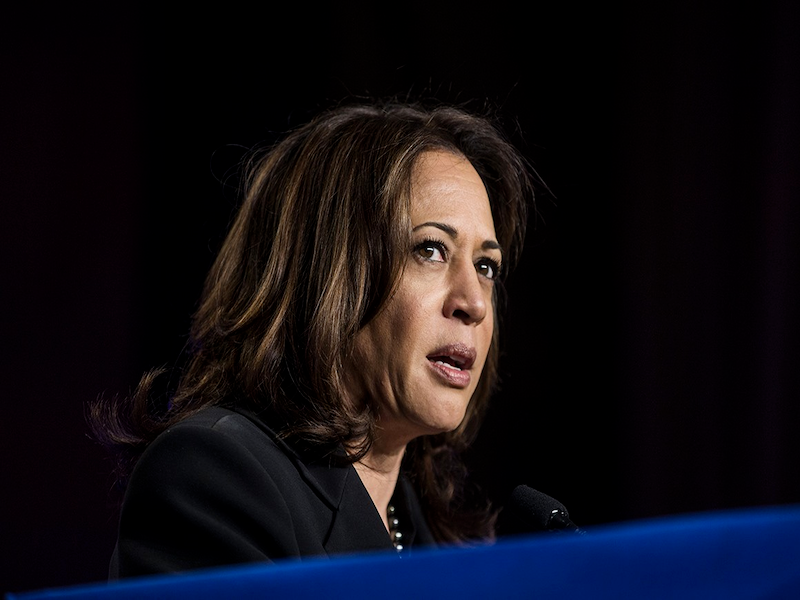- Vice President Kamala Harris encounters unprecedented levels of racist and sexist attacks online, surpassing those faced by Barack Obama and Hillary Clinton.
- New technologies and larger audiences contribute to the spread of false narratives and conspiracy theories about Harris.
OUR TAKE
The surge in online harassment against Kamala Harris highlights the increasing use of digital platforms to propagate harmful content. As new technologies amplify these attacks, it underscores a troubling trend in modern politics where malicious online activity has become more pervasive and influential.
— Zoey Zhu, BTW reporter
What happened
Politicians have long been targets of racist and sexist attacks online, but Vice President Kamala Harris is facing a more severe situation than her predecessors, Barack Obama and Hillary Clinton. Since Harris became the presumptive Democratic presidential nominee, the nature and scale of these attacks have escalated significantly.
In 2008, Barack Obama dealt with a digital landscape where Facebook had millions of users, and the iPhone was relatively new. By 2016, Hillary Clinton’s campaign had to manage a few social media platforms, but the situation has evolved considerably. In 2020, when Kamala Harris was Joe Biden’s running mate, the use of artificial intelligence to create fake and misleading content was less prevalent. Today, however, AI-generated fake pornographic images and misleading videos are commonly used to attack her.
Also read: Kamala Harris launches TikTok accounts to boost 2024 campaign
Also read: Kamala Harris: Silicon Valley ally and advocate for tech regulation
Why it’s important
The rise in online harassment against Kamala Harris illustrates a troubling shift in political discourse. The amplification of racist and sexist attacks through new technologies and larger digital audiences represents a significant challenge for modern politics. The current digital environment allows for the rapid spread of false narratives and conspiracy theories, which can have a substantial impact on public perception and political outcomes.
As Harris steps into the spotlight as the Democratic presidential nominee, the increase in online attacks highlights the urgent need for stronger measures to combat digital misinformation and harassment. The evolution of these attacks from previous election cycles underscores the broader issue of how technology is shaping and often distorting political communication, requiring ongoing vigilance and adaptation from both political figures and technology platforms.

